NUCLEAR FOR G7
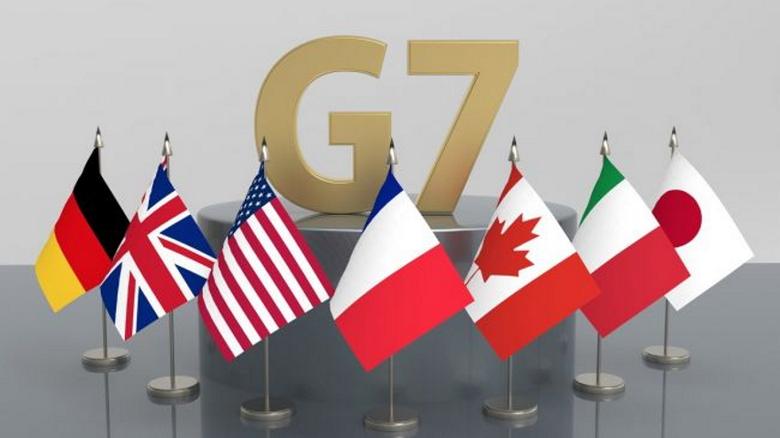
РЕЙТЕР -
-----
Раньше:

2018, March, 14, 11:45:00
REUTERS - U.S. West Texas Intermediate (WTI) crude futures CLc1 were at $60.77 a barrel at 0753 GMT, up 6 cents, or 0.1 percent, from their previous settlement. Brent crude futures LCOc1 were at $64.62 per barrel, down just 2 cents from their last close.
|

2018, March, 7, 15:00:00
РЕЙТЕР - К 9.17 МСК фьючерсы на североморскую смесь Brent опустились на 0,85 процента до $65,23 за баррель. Фьючерсные контракты на американскую лёгкую нефть WTI к этому времени торговались у отметки $62,07 за баррель, что на 0,85 процента ниже предыдущего закрытия.
|

2018, March, 7, 14:00:00
EIA - North Sea Brent crude oil spot prices averaged $65 per barrel (b) in February, a decrease of $4/b from the January level and the first month-over-month average decrease since June 2017. EIA forecasts Brent spot prices will average about $62/b in both 2018 and 2019 compared with an average of $54/b in 2017.
|

2018, March, 5, 11:35:00
РЕЙТЕР - К 9.28 МСК фьючерсы на североморскую смесь Brent поднялись на 0,33 процента до $64,58 за баррель. Фьючерсные контракты на американскую лёгкую нефть WTI к этому времени торговались у отметки $61,44 за баррель, что на 0,31 процента выше предыдущего закрытия.
|

2018, March, 4, 11:30:00
МИНФИН РОССИИ - Средняя цена нефти марки Urals по итогам января – февраля 2018 года составила $ 65,99 за баррель.
|

2018, February, 27, 14:15:00
РЕЙТЕР - К 9.18 МСК фьючерсы на североморскую смесь Brent опустились на 0,15 процента до $67,40 за баррель. Фьючерсные контракты на американскую лёгкую нефть WTI к этому времени торговались у отметки $63,80 за баррель, что на 0,17 процента ниже предыдущего закрытия.
|

2018, February, 27, 14:05:00
МИНФИН РОССИИ - Средняя цена на нефть Urals за период мониторинга с 15 января по 14 февраля 2018 года составила $66,26457 за баррель, или $483,7 за тонну.
|
NUCLEAR FOR G7

WNA - Issued 24 June 2022 - Nuclear energy can enhance energy security and address environmental goals
The world faces two major energy challenges today: achieving decarbonisation goals and ensuring that every citizen and every business across the globe has equitable opportunity to have 24/7 access to dependable and affordable energy.
The combination of an increasingly urgent climate crisis and volatile energy prices has highlighted the key strengths of nuclear technologies. Nuclear energy is both critical to meeting global environmental sustainability commitments and a key asset for global energy security. The energy crisis exacerbated by the war in Ukraine has highlighted that efforts to promote energy security and clean energy transitions are inseparable.
The G7 commitment to move away from fossil fuels will require investment in low-carbon technologies combined with strong policies that further accelerate the transition towards a clean and secure energy system. Combining nuclear energy with renewables is proven to make rapid and long-lasting decarbonization of electricity generation an achievable goal.
Nuclear energy is an accessible, affordable, clean and reliable solution for countries seeking to transition away from fossil fuels and achieve a just and equitable energy transition. The construction and operation of each nuclear power plant generates thousands of high-skilled jobs, supports the supply chain and stimulates local economies.
Beyond power generation, nuclear technologies have an enormous potential to decarbonize other sectors of the economy as well—transport, chemicals, and steel manufacturing, among others—through thermal supply and hydrogen production.
We therefore call on the leaders of the G7 to support access to nuclear technologies through the following actions:
- Maximize the huge contribution to decarbonization and energy security of nuclear reactors currently operating worldwide by incentivizing extending their operating life as much as feasible and support the restart of other operable reactors. According to the International Energy Agency, extending the operating life of existing reactors is the lowest cost method of securing additional low-carbon electricity generation.
- Include nuclear energy in national and international green financing policy frameworks. Put in place policies that clearly signal to the finance community that the nuclear industry is set to play a key role in the global fight against climate change in not only G7 countries, but also developing economies that are seeking modern, innovative means to shift away from fossil fuels as their energy demand is set to increase dramatically.
- Commit to a greater contribution from nuclear technologies to future energy supply, setting ambitious goals for new nuclear capacity that are supported by pragmatic policy instruments and efficient regulatory frameworks.
- Support the development of new nuclear technologies, including small modular reactors and other advanced reactors, that will expand the range of applications to which nuclear energy can be applied, to deliver deeper and broader decarbonization beyond the electricity generation sectors.
This statement is issued on behalf of the following organizations:
Canadian Nuclear Association
Japan Atomic Industrial Forum
Nuclear Energy Institute
Nuclear Industry Association
Nucleareurope
World Nuclear Association
-----
Earlier:
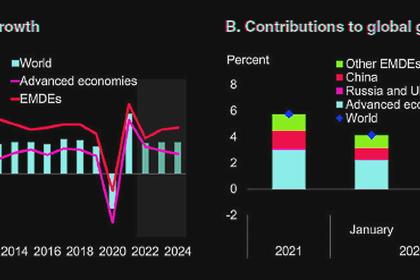
2022, June, 15, 14:30:00
GLOBAL RISK & STAGFLATION
Global inflation has risen sharply from its lows in mid-2020, on rebounding global demand, supply bottlenecks, and soaring food and energy prices, especially since Russia’s invasion of Ukraine.
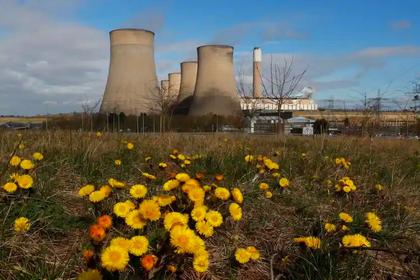
2022, June, 15, 14:25:00
NUCLEAR IS A CLIMATE KEY
Nuclear has for the first time in over a decade, woven itself into the public narrative as a key technology to support climate change and net-zero objectives.
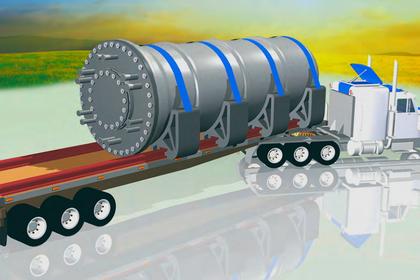
2022, May, 30, 11:15:00
GLOBAL NUCLEAR SMR
Harmonisation is an innovative approach which, if successful, can support both newcomer and mature nuclear nations. Global nuclear regulators, World Nuclear Association's CORDEL, IAEA and WENRA must work together to ensure that harmonised SMR deployment is conducted safely and efficiently.
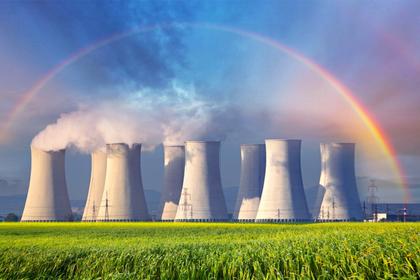
2022, May, 26, 12:10:00
NUCLEAR POWER OPPORTUNITY
Nuclear provides the opportunity for a faster transition to a low-carbon energy future and supports the shift to a hydrogen economy

2022, May, 19, 13:50:00
EUROPEAN ENERGY SUICIDE
Saying no to Russian energy means that Europe will systemically and for the long term become the world’s most costly region for energy resources.
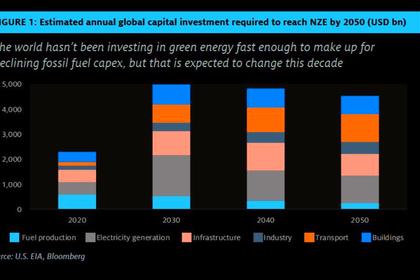
2022, May, 17, 13:20:00
GLOBAL CHAOTIC ENERGY TRANSITION
The energy transition to net zero emissions will likely take longer than planned, and the cost will be much higher than most realize.
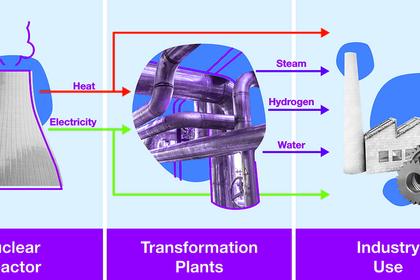
2022, May, 6, 10:50:00
NUCLEAR HYDROGEN FOR CLIMATE
To speed up greening of the emerging hydrogen economy, the IAEA last month launched an initiative to develop a roadmap for the commercial deployment of hydrogen production using nuclear energy.
All Publications »
Tags:
NUCLEAR,
CLIMATE





















